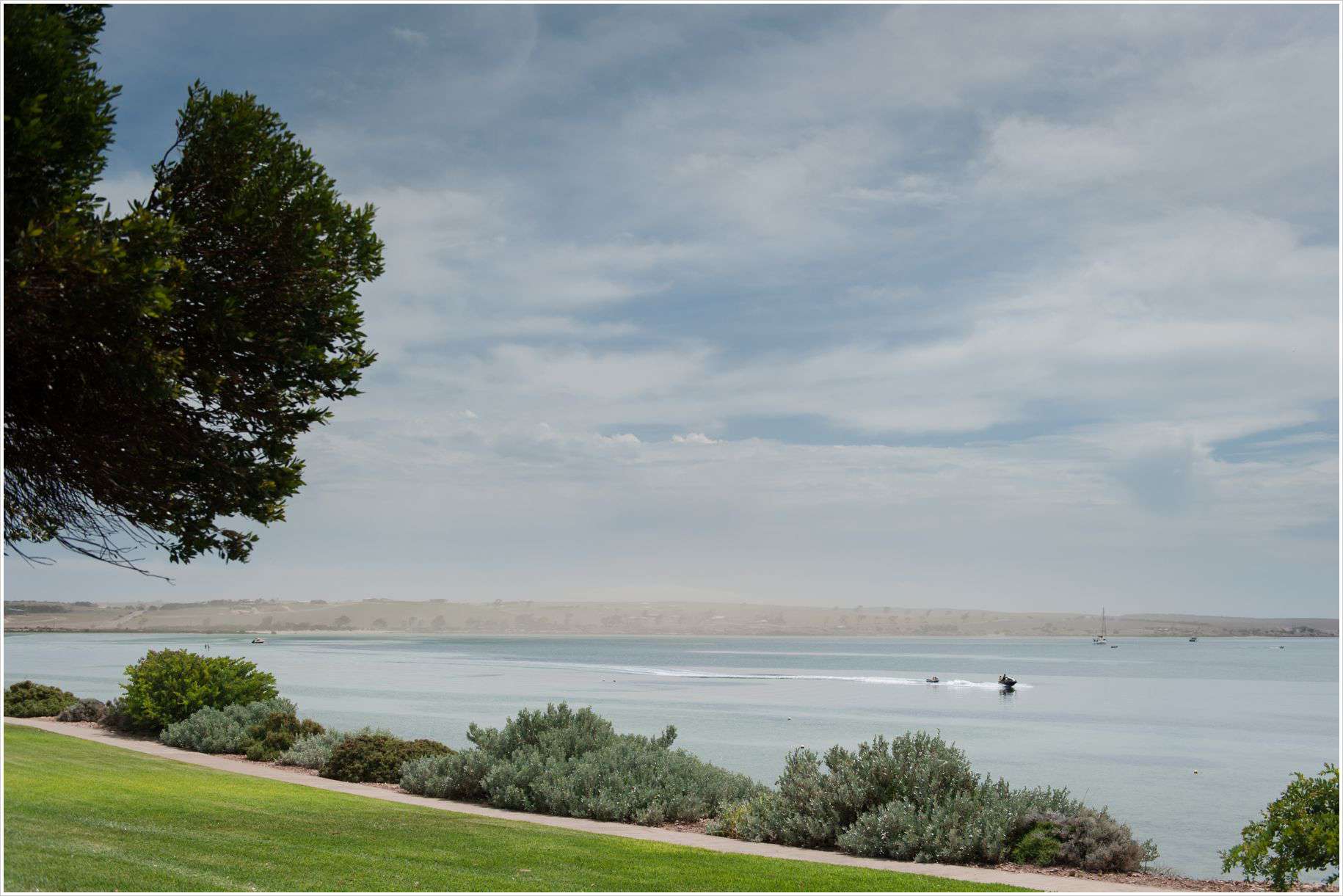
The name, 'Golden shovel,' refers to a form of poetry created by Terrance Hayes around 2010.
The following rules apply to the Golden Shovel Poetry form:
Take a line (or lines) from a favourite poem
- Use each word in the chosen line (or lines) as an end word for each line in your poem.
- Keep the end words in order.
- Give credit to the poet who originally wrote the line (or lines).
- Your newly created poem does not have to be about the same subject as the poem that provides the selected end words.
- If you select a line with six words, your poem will be six lines long. The more words you select, the longer the poem will be. Each selected word represents a line.
Hayes initially used a frequently published Gwendolyn Brooks poem, 'We Real Cool.' His poem is called 'The Golden Shovel.' So that's where the name originates.
This poetic form offers more freedom for creativity than other forms of found poetry. Keeping the end words in the order they originally appeared means you could read the words at the right edge of each line like an acrostic poem. You get two poems for the price of one, if you like.
The appeal of the Golden shovel poem, is it's creative challenge. It does take some effort, but poets of all ages will be tempted to give it a try - established or emerging poets, student poets, and people who have never written poetry before now.
This borrowing of words is not new in poetry. One similar form is quite ancient: the Cento, in which you make a poem entirely from other poets' lines. Another form makes a new poem by removing lines from an existing poem - that is known as an Erasure.
So, here is my Golden Shovel Poem.

Streaky Cloud Morning
-after Samuel Taylor Coleridge
It is morning after-all
The air alive with the stirrings of nature
The sun, undercover its seems
Streaky clouds at
The horizon continue their cover up work
Grey like slugs
Soon they will leave
And the hydrangeas will lose their
Dewdrops as spiders rest upon their gossamer lairs.
Alan j Wright
Who's up for a Golden Shovel poem?

Oh those gossamer lairs... so beautiful! And thank you for reminding me of "cento," a form I was thinking about the other day but couldn't think of the name of it!
ReplyDeleteThank you Irene. So glad to have been of service in reminding you of a further form of poetry.
DeleteI like Golden Shovel poems, bringing new ideas from the line(s), and love your "streaky clouds. . ."grey like slugs", Alan. It's a day to share!
ReplyDeleteI found this form quite an interesting challenge Linda. I'm so glad I persisted. I was happy with the eventual outcome and the process was certainly engaging.
DeleteI shared a golden shovel poem as well today. It's a form I've just begun to play around with and it's a fun challenge. Like you said, it's almost two poems in one. Yours is beautiful, especially those final two lines. I love your choice of the word "lose"--it adds a sort of melancholy vibe.
ReplyDeleteAs you have discovered Molly, Golden Shovel poems possess a challenge that is inviting. Thank you for your kind feedback on this my first attempt. it is a from I shall persist with I'm sure.
DeleteNice job! I love how the Golden Shovel poems layer up -- It is two poems in one! You have some great images. I love those grey clouds covering up their work like slugs and the spider's gossamer lairs.
ReplyDeleteThanks Kay. As stated in my previous remarks, it was an enjoyable challenge and to my mind it is a slightly more engaging form of acrostic poem.
DeleteIn April, I had fun writing 30 golden shovels after quotes my students chose!
ReplyDeleteThat's a huge effort Mary Lee. Well done. I've now written two. This one was my first. It was brave to have your students choose the quotes for you. Your credibility is no doubt quite high after that brave writing effort.
DeleteLovely nature poem Alan, and your "gossamer liars" are beautiful! Seems to be many golden shovels around this week, I wrote one also from Elizabeth Cotten's song "Freight Train." Thanks.
ReplyDeleteIt's amazing how within our poet's community we share new ideas and poetic forms and they are enthusiastically embraced. This feeds the belief that poets are fearless and brave; willing to try new things. The idea that poetry is diverse in its structure and form is further reinforced by this experimentation with new ideas. I love it! Thanks Michelle for reminding me of this notion.
Delete